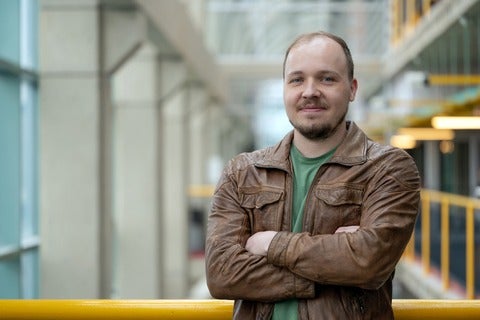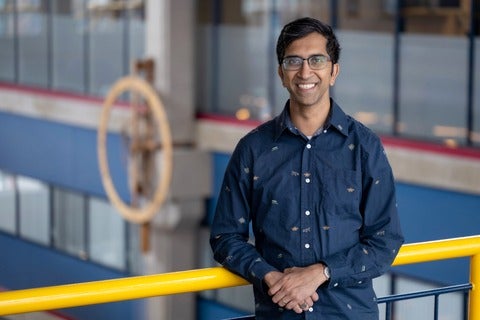Nils Lukas receives Waterloo’s 2024 Alumni Gold Medal
The University of Waterloo has recognized recent PhD graduate Dr. Nils Lukas with the 2024 Alumni Gold Medal for his exceptional academic performance in a doctoral program. This prestigious award, conferred by Alumni Relations, features a custom-crafted, 24-carat gold-plated medal embossed with the university’s seal. Since 1970, the Alumni Gold Medal has been conferred to top graduating students from Waterloo’s six faculties at convocation.





